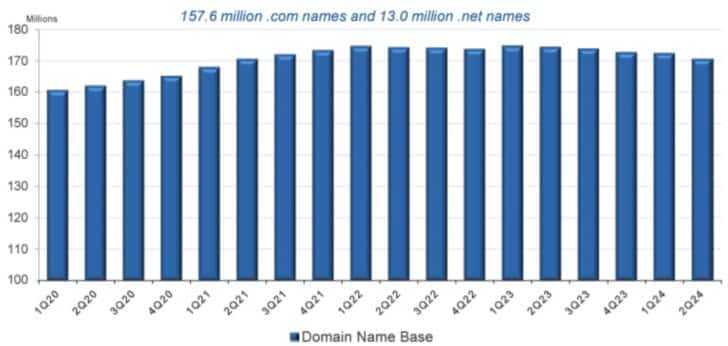To WHOIS or Not to WHOIS: Decoding Domain Privacy
In the dynamic world of domain ownership, a crucial decision awaits – to shield your identity with WHOIS privacy protection or expose your details for potential buyers to see. Let’s unravel the pros and cons of each choice to help you make an informed decision.
Pros of WHOIS Privacy Protection:
- Identity Protection: WHOIS privacy shields your personal information from the prying eyes of spammers, scammers, and even competitors. Your name, address, phone number, and email stay confidential.
- Reduced Spam: Without privacy protection, your contact details are accessible to anyone scouring the WHOIS database. This openness could lead to an influx of unsolicited emails, calls, and even physical mail.
- Security: In an era where online threats abound, safeguarding your personal data is paramount. WHOIS privacy acts as a virtual shield, adding an extra layer of security to your online presence.
- Maintain Control: By opting for privacy, you control who gets access to your information. This is especially crucial when you’re in the business of buying and selling domains – disclose details only to serious potential buyers.
Cons of WHOIS Privacy Protection:
- Limited Contact: Privacy protection often replaces your personal details with generic contact information. While this shields you, it may pose a challenge if legitimate buyers want to reach out. Communication becomes indirect.
- Trust Issues: Some buyers may hesitate when dealing with anonymous sellers. The lack of transparency might lead them to question the legitimacy of your domain and the transaction.
- Extra Cost: WHOIS privacy isn’t always free. Some domain registrars charge an additional fee for this service. Consider whether the added protection is worth the expense for your specific situation.
Stopping Spam Without WHOIS Privacy:
If you decide to leave your details open for potential buyers, there are ways to mitigate spam:
- Use a Dedicated Email: Create a separate email address solely for domain-related inquiries. This way, even if it receives spam, your primary inbox remains clutter-free.
- Phone Number Alternatives: Consider using a business phone number or a virtual number for WHOIS listings. This way, if spam calls increase, they won’t inundate your personal phone.
- Filtering Systems: Implement robust spam filters for your email and phone. Modern filtering tools can distinguish between legitimate inquiries and spam, streamlining your communication channels.
The Verdict:
Choosing whether to embrace WHOIS privacy protection or reveal your details is a nuanced decision. It hinges on your comfort level with transparency, the nature of your domain transactions, and your tolerance for potential spam.
In the intricate dance of domain buying and selling, strike a balance that aligns with your priorities. Whether you cloak yourself in anonymity or step into the spotlight, remember – your online journey should be as secure as it is successful. Choose wisely, and may your domain ventures flourish!
Check Out This List Of Expired Domains In Auction @ DynaDot.com
The post To WHOIS or Not to WHOIS: Decoding Domain Privacy appeared first on Robbie's Blog online since 2011 – Domain Names, Domain News, Domain Auctions.

